
If we want to find the way back to ourselves and one another, we need language and the grounded confidence to both tell our stories and to be stewards of the stories that we hear. In Atlas of the Heart, we explore eighty-seven of the emotions and experiences that define what it means to be human and walk through a new framework for cultivating meaningful connection. This is for the mapmakers and travelers in all of us.
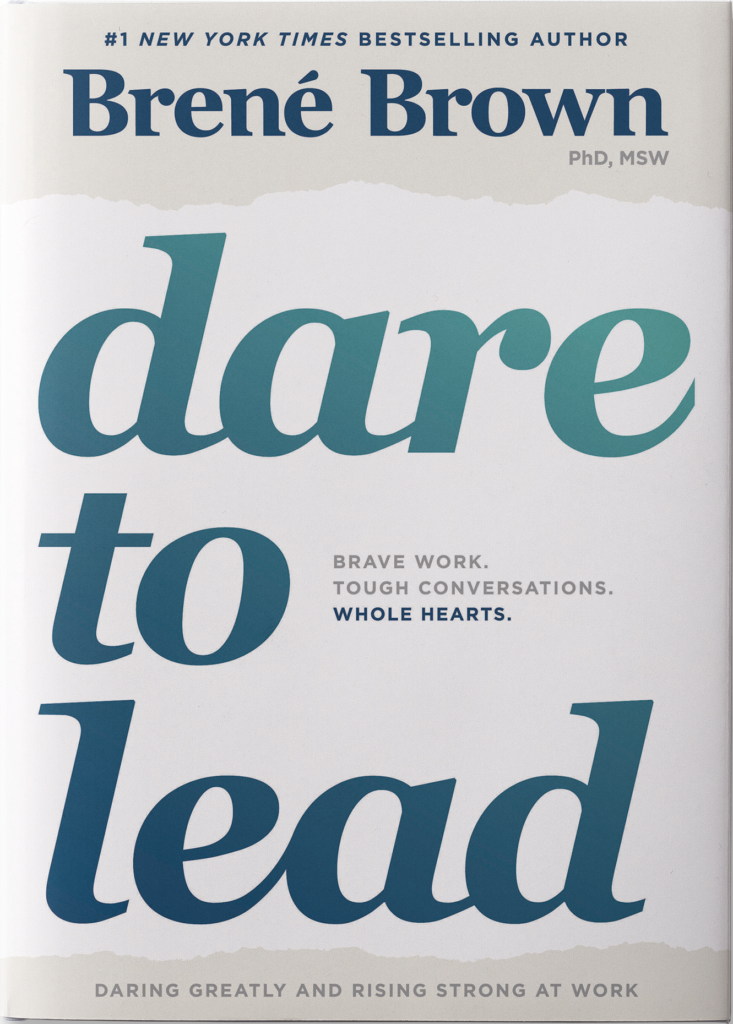
When we dare to lead, we don’t pretend to have the right answers; we stay curious and ask the right questions. We don’t see power as finite and hoard it; we know that power becomes infinite when we share it with others. We don’t avoid difficult conversations and situations; we lean into vulnerability when it’s necessary to do good work. But daring leadership in a culture defined by scarcity, fear, and uncertainty requires skill-building around traits that are deeply and uniquely human. The irony is that we’re choosing not to invest in developing the hearts and minds of leaders at the exact same time as we’re scrambling to figure out what we have to offer that machines and AI can’t do better and faster. What can we do better? Empathy, connection, and courage, to start.
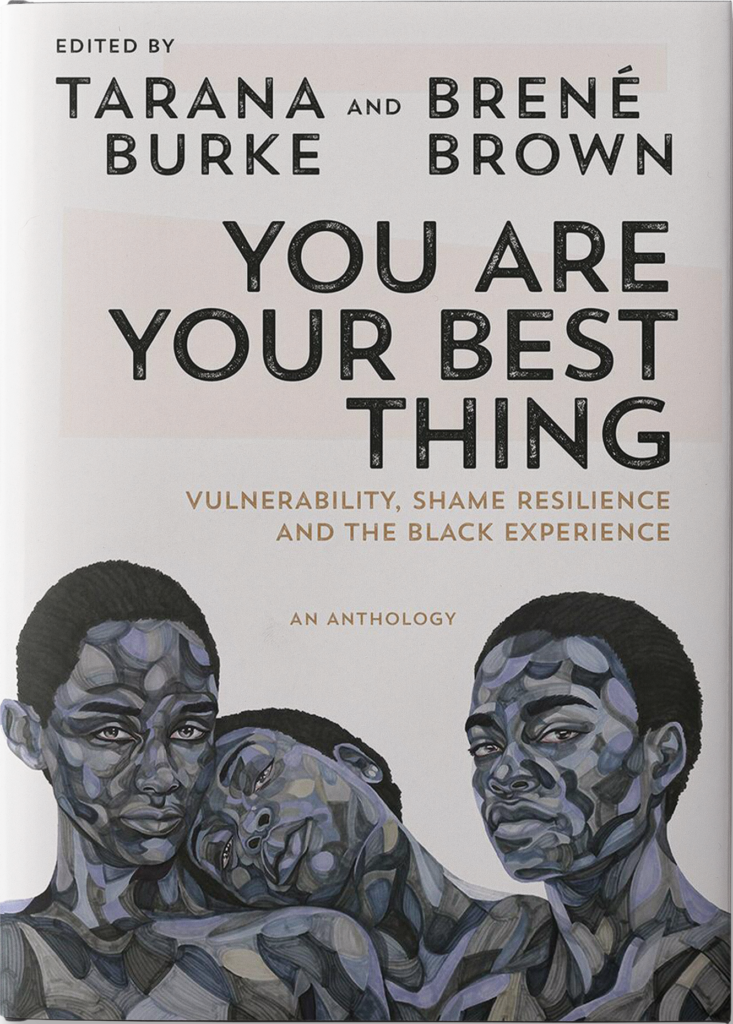
Co-created with Tarana Burke, this anthology is a space to recognize and process the trauma of white supremacy, a space to be vulnerable and affirm the fullness of Black life and Black possibility, a space that gives Black humanity breathing room. Featuring essays by Jason Reynolds, Austin Channing Brown, Tanya Denise Fields, Kiese Makeba Laymon, Prentis Hemphill, Tracey Michae’l Lewis-Giggetts, Marc Lamont Hill, Keah Brown, Luvvie Ajayi Jones, Shawn A. Ginwright, Kaia Naadira, Deran Young, Sonya Renee Taylor, Irene Antonia Diane Reece, Yolo Akili Robinson, Laverne Cox, Jessica J. Williams, Aiko D. Bethea, and Imani Perry.
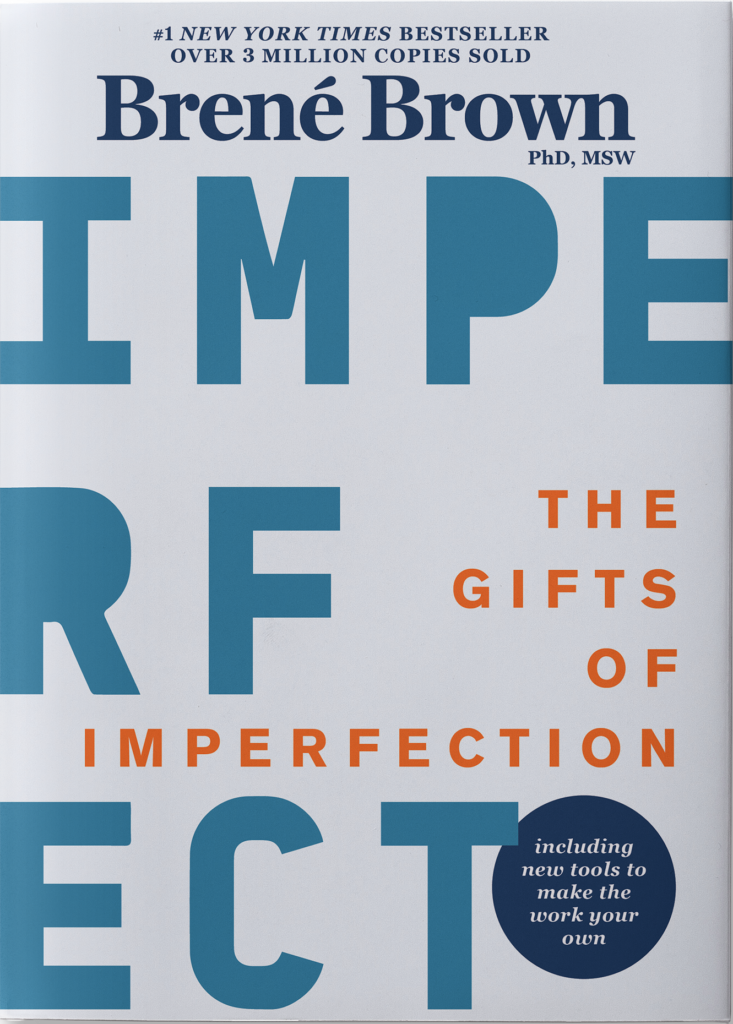
This book is an invitation to join a wholehearted revolution. A small, quiet grassroots movement that starts with each of saying, “My story matters because I matter.” A movement where we can take to the streets with our messy, heartbreaking, grace-filled, and joyful lives. A movement fueled by freedom that comes when we stop pretending everything is OK when it isn’t. A call that rises up from our bellies when we find the courage to celebrate those intensely joyful moments even though we’ve convinced ourselves that savoring happiness is inviting disaster. Revolution might sound a little dramatic, but in this world, choosing authenticity and worthiness is an absolute act of resistance.
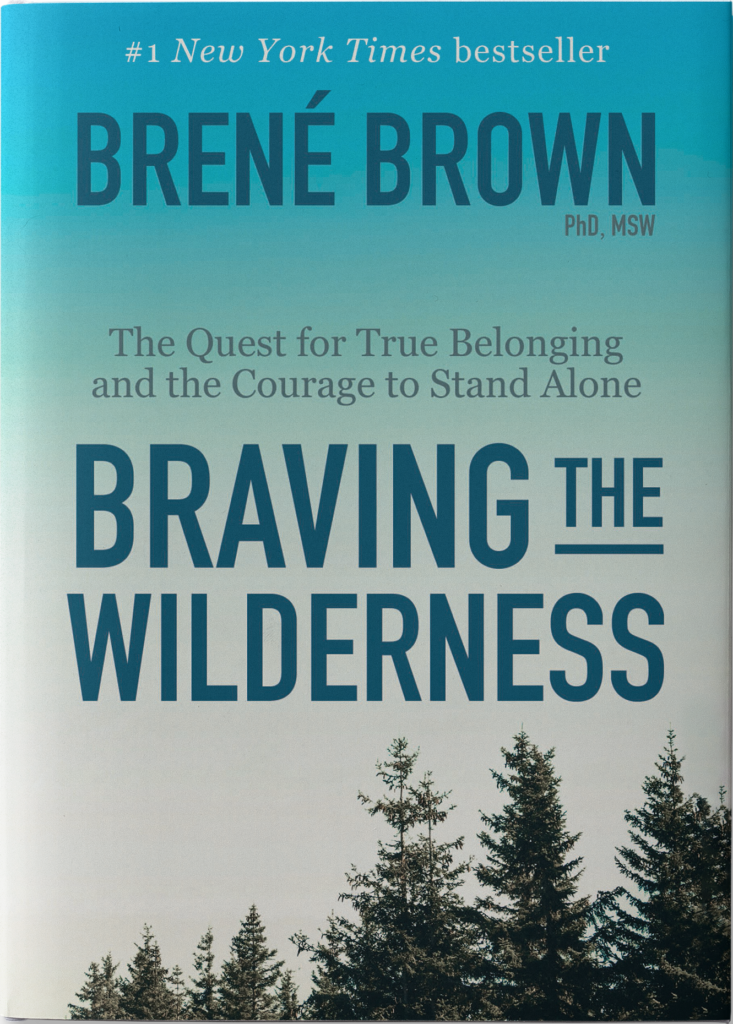
Belonging so fully to yourself that you’re willing to stand alone is a wilderness—an untamed, unpredictable place of solitude and searching. It is a place as dangerous as it is breathtaking, a place as sought after as it is feared. The wilderness can often feel unholy because we can’t control it, or what people think about our choice of whether to venture into that vastness or not. But it turns out to be the place of true belonging, and it’s the bravest and most sacred place you will ever stand.

In a world where “never enough” dominates and feeling afraid has become second nature, vulnerability is subversive. Uncomfortable. It’s even a little dangerous at times. And without question, putting ourselves out there means there’s a far greater risk of getting criticized or feeling hurt. But when we step back and examine our lives, we will find that nothing is as uncomfortable, dangerous, or hurtful as standing on the outside looking in and wondering what it would be like if we had the courage to step into the arena. Daring Greatly is a practice and a powerful vision for letting ourselves be seen.
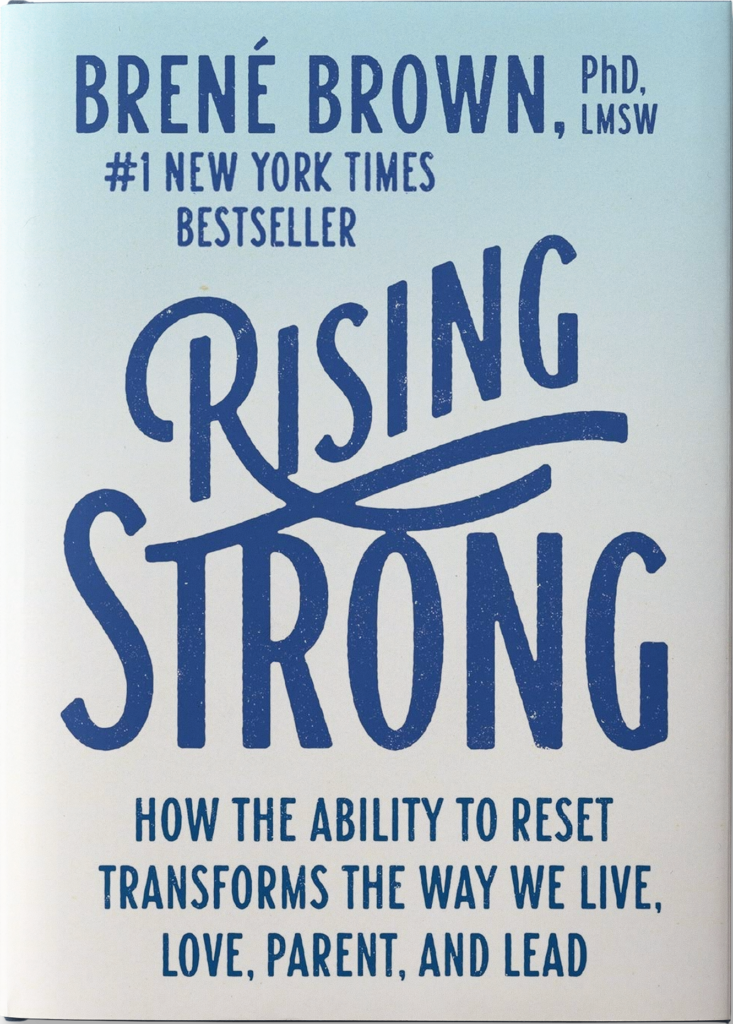
Walking into our stories of hurt can feel dangerous. But the process of regaining our footing in the midst of struggle is where our courage is tested and our values forged. Our stories of struggle can be big or small, but regardless of their magnitude or circumstance, the rising strong process is the same: We reckon with our emotions and get curious about what we’re feeling; we rumble with our stories until we get to a place of truth; and we live this process, every day, until it becomes a practice and creates nothing short of a revolution in our lives. Rising strong after a fall is how we cultivate wholeheartedness. It’s the process that teaches us the most about who we are.
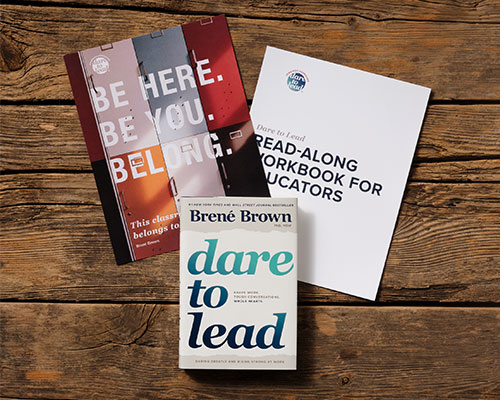
We spend so much precious time and energy managing perception and creating carefully edited versions of ourselves to show to the world. There is a constant barrage of social expectations that teach us that being imperfect is synonymous with being inadequate. Everywhere we turn, there are messages that tell us who, what, and how we’re supposed to be. So we learn to hide our struggles and protect ourselves from shame, judgment, criticism, and blame by seeking safety in pretending and perfection. This book shines a long-overdue light on an important truth: Our imperfections are what connect us to one another and to our humanity. Our vulnerabilities are not weaknesses; they are powerful reminders to keep our hearts and minds open to the reality that we’re all in this together.